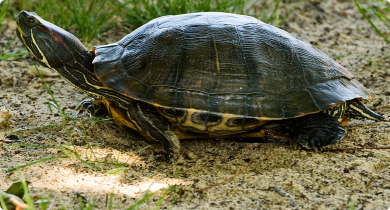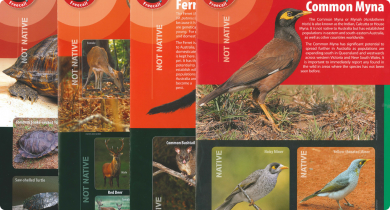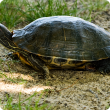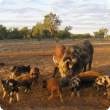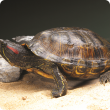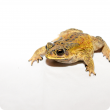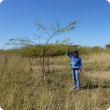Amphibians and reptiles
Exotic (non-native) amphibians and reptiles can cause problems to agriculture and the environment or social problems to the community. For these reasons under the provisions of the Biosecurity Agriculture Management Act 2007 (BAM) they are considered vertebrate animal pests and are regulated accordingly.
The Department of Agriculture and Food, Western Australia aims to minimise the effect of vertebrate pests on Western Australia. Activities include preventing the entry of new pest species to the state, removing small populations of pests found here, minimising the impact of widespread pests, and raising awareness of the problems of and solutions for pest vertebrates.
The regulations adopted by the Biosecurity and Agriculture Management Regulations 2013 specify prohibited and restricted keeping categories for the purposes of regulating declared vertebrate (mammals, birds, reptiles and amphibians) pests in regard to the purposes for which they can be kept and the entities that can keep them for that purpose.
Further information on the declaration and management of exotic amphibians and reptiles in Western Australia is available by accessing the links provided here.
Articles
Filter by search
Filter by topic
- Birds (3) Apply Birds filter
- Pest mammals (2) Apply Pest mammals filter
- Invasive species (1) Apply Invasive species filter
- Weeds (1) Apply Weeds filter
- Biosecurity & quarantine (1) Apply Biosecurity & quarantine filter
- Biosecurity (1) Apply Biosecurity filter
- Declared plants (1) Apply Declared plants filter

